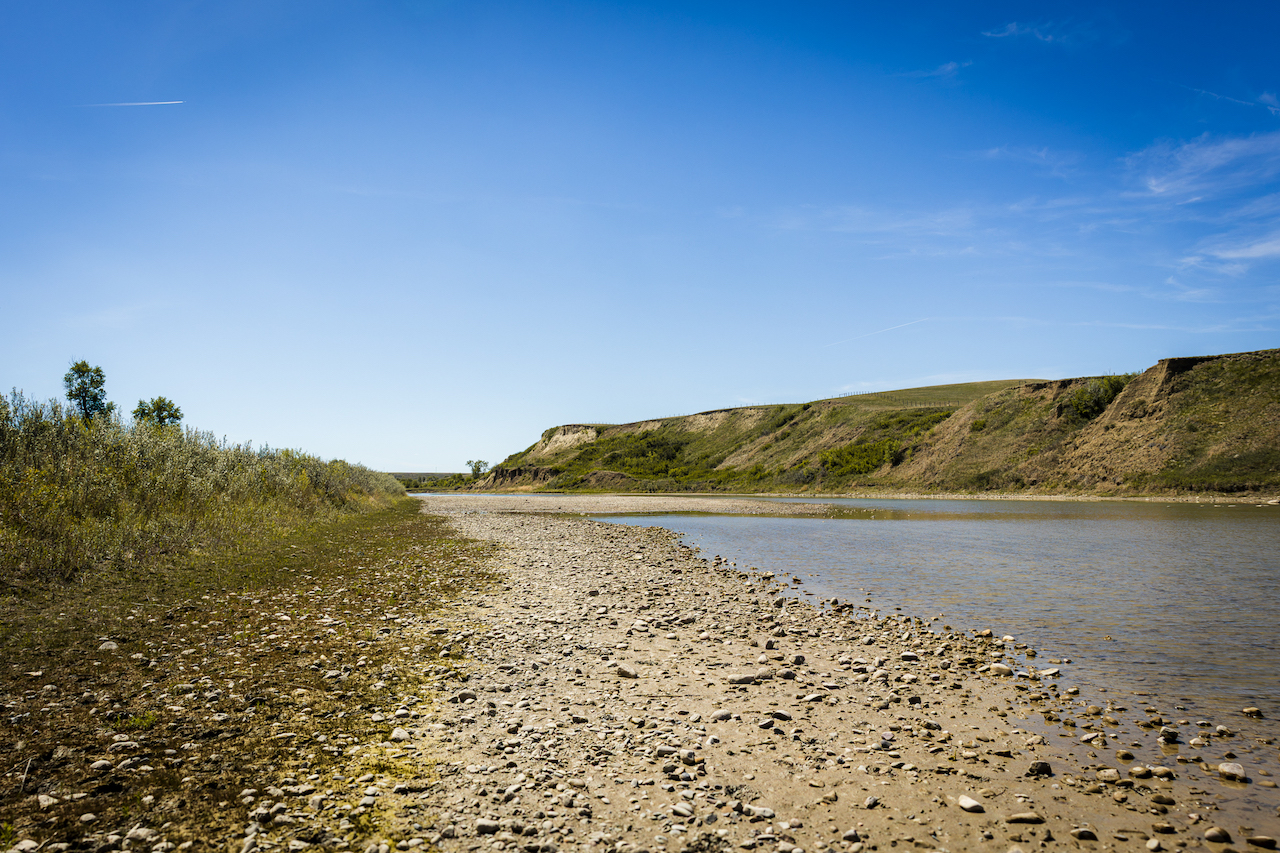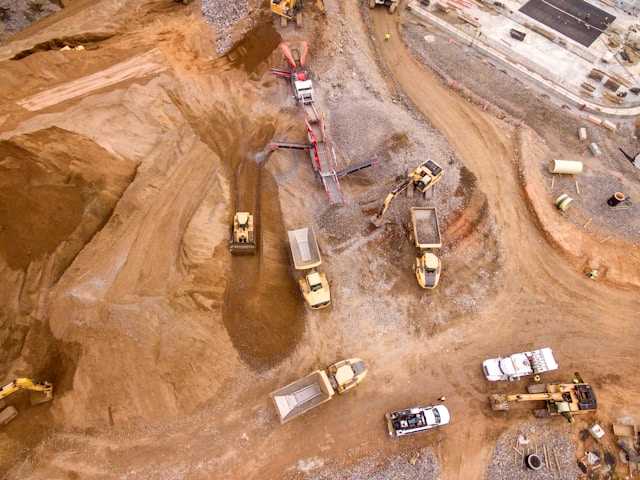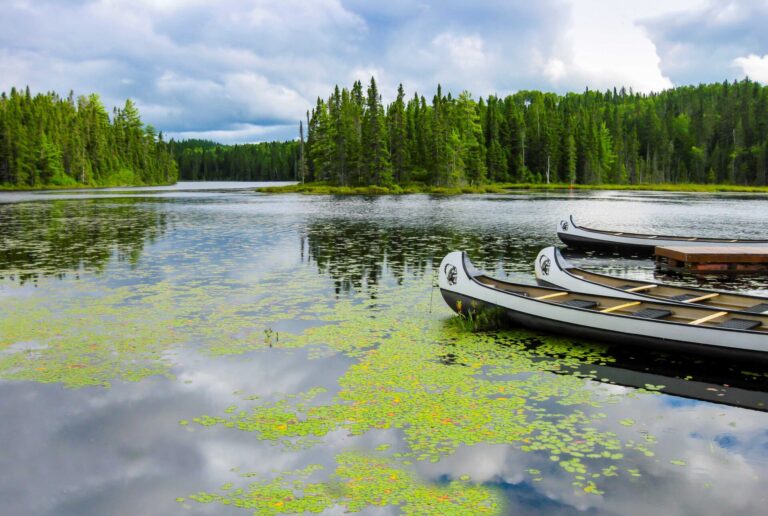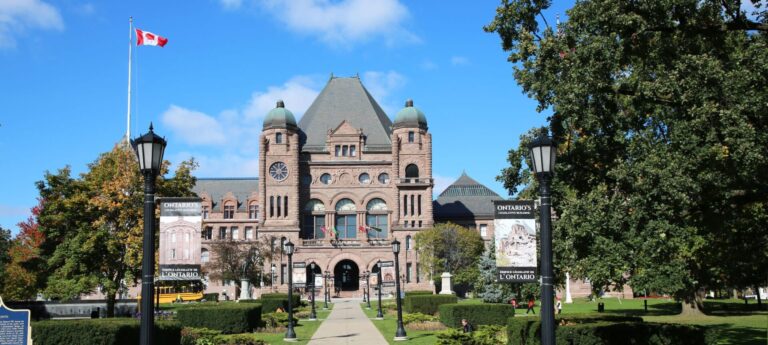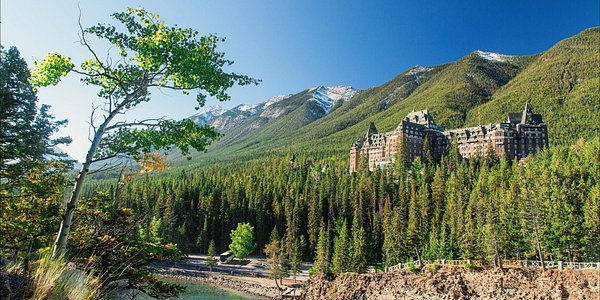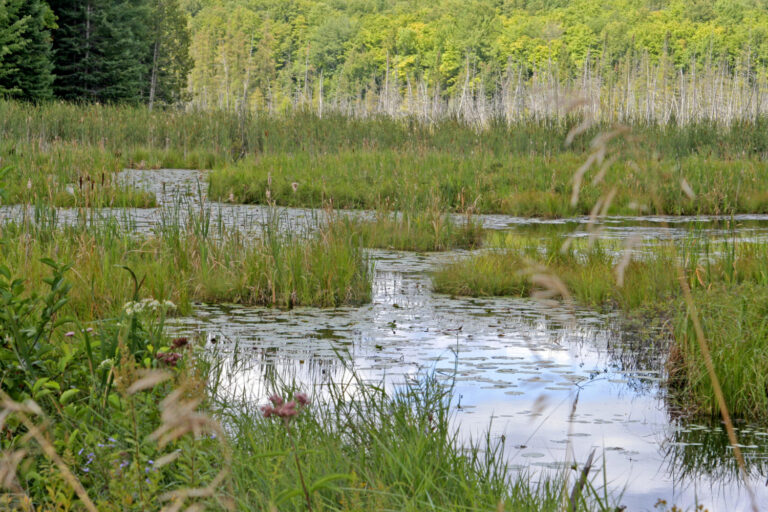Thursday, August 21, 2025
With 31 water shortage advisories in effect across Alberta as of August 18, 2025, water security remains a pressing concern despite above normal summer rain in southern regions. In watersheds such as the Oldman, forecasts range from average to much below average water supply, and years of severe drought have heightened these concerns. In recent community meetings and a public survey focused on groundwater, southern Alberta residents voiced their priorities around understanding and protecting this vital freshwater source.
Co-led by Living Lakes Canada and the Oldman Watershed Council, in collaboration with the Piikani Nation Lands Department, the Alberta Groundwater Program aims to build a community-based monitoring network to strengthen groundwater management and support sustainable water use. The initiative blends Western science with local knowledge, both Indigenous and non-Indigenous, to help identify priority locations for monitoring.
Community engagement is at the heart of the program. In spring 2025, three public meetings were held in Pincher Creek, Lethbridge, and online, complemented by an online survey to gather broader input. The program also engaged with the Piikani Nation community to better understand local priorities and concerns. Participants represented a range of backgrounds and sectors, including educators and non-profit workers, agriculture and land use managers, Indigenous leaders, and local government.
The feedback revealed strong, region-wide concern about groundwater. More than 70 per cent of survey respondents said they are “very concerned” about groundwater in Alberta, and a combined 97 per cent said improving understanding of groundwater is either “very important” or “important.”
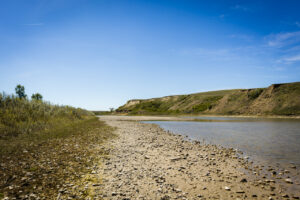
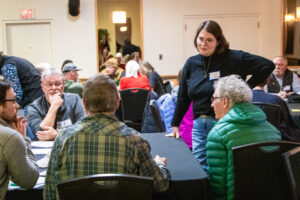
Left: Belly River in the Oldman watershed in May 2025. (Photo by Rachel Morris/OWC) Right: Living Lakes Canada’s Maggie Finkle-Aucoin discussing groundwater concerns with community members in Pincher Creek. (LLC Photo)
Top concerns from both the meetings and survey included drinking water access, contamination risks from industry (such as oil, gas and mining), water use for irrigation and livestock, and ecosystem health.
“We are in a drought cycle. There is very little snowpack in the mountains to recharge the groundwater, possibly affecting our only water source. As a primary producer, water is essential for our animals, household and gardens,” said one participant.
Meeting participants were invited to mark locations of concern on watershed maps. Hotspot areas of concern include Pincher Creek, Crowsnest Pass, Lethbridge, and extend through other communities such as Stavely, Vulcan, Cardston, and Twin Butte.
“Our community has minimal information on groundwater availability to support our long-term community needs,” said another participant.
Lethbridge based Anne-Marie Lefebvre, Living Lakes Canada’s Alberta Groundwater Program Coordinator, emphasized the local commitment to water stewardship: “People in this region are deeply passionate about safeguarding water for future generations. Ranchers, farmers, and entire communities’ livelihoods depend upon a reliable and secure water supply. This project helps to link science and community water security needs and priorities for the long-term.”
Based on the input received through the public engagement process, Living Lakes Canada and the Oldman Watershed Council is developing a shortlist of monitoring well sites using both community-identified priorities and scientific criteria, including findings from the aquifer vulnerability assessment and data gap analysis. Final site selection is expected in late summer or early fall 2025, followed by the launch of monitoring and community workshops.
Read the full community engagement report.
For further information, visit: www.livinglakescanada.

